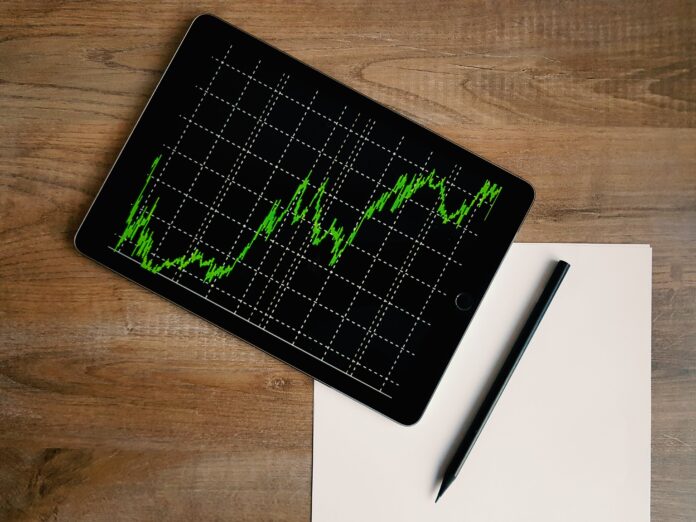When it comes to trading, there are various instruments available in the market. Each instrument has its own unique characteristics and can be used to trade different assets. This article will explore seven different trading instruments that you should know about.
Indices
Indices are widely used in trading as they provide a way to track and measure the performance of a specific group of stocks. These groups can be based on various factors such as region, industry or market capitalization.
By trading indices, traders can speculate on the overall direction of the market rather than focusing on individual stocks. Some well-known indices include the S&P 500, Dow Jones Industrial Average and Nasdaq Composite.
Trading indices allow investors to gain exposure to a diversified portfolio of stocks without having to buy each individual stock. This can be beneficial to trade indices online for those who want to take a position on the broader market rather than specific companies. Traders use various strategies and tools, such as technical analysis, fundamental analysis, and market indicators, to analyze and predict the movement of indices.
Forex
Forex, or foreign exchange, is the largest financial market globally. It revolves around the trading of various currencies against each other. Forex traders seek to make profits by capitalizing on the changes in exchange rates. The most frequently traded currencies in the forex market are the US dollar, euro, Japanese yen, British pound and Swiss franc.
Futures
Futures contracts are essentially agreements between two parties to buy or sell an asset at a specific price and date in the future.
These contracts are commonly used in commodities trading, where they allow traders to speculate on the price movement of assets like oil, natural gas, and agricultural products. One key feature of futures contracts is that they don’t require physical ownership of the underlying asset.
Instead, traders can enter into these contracts purely for speculative purposes, aiming to profit from price fluctuations without actually taking possession of the asset. Futures contracts are traded on exchanges, where standardized terms and conditions are established.
These contracts provide a level of certainty for both buyers and sellers, as they outline the specific details of the transaction, including the quantity, quality and delivery date of the asset.
Precious Metals
Precious metals, such as gold, silver, platinum and palladium, have been used as a store of value for centuries. They are considered safe-haven assets during times of economic uncertainty. Traders can invest in precious metals to diversify their portfolios and hedge against inflation or currency fluctuations.
Energies
Energies, such as oil and natural gas, are important commodities that play a crucial role in the global economy. As a result, the demand for these energy commodities remains high. Trading energy commodities provides investors with an opportunity to speculate on the price movements of these resources.
The prices of oil and natural gas are influenced by various factors such as supply and demand dynamics, geopolitical events, weather conditions and economic indicators. Investors can participate in energy commodity trading through various financial instruments, including futures contracts, options and exchange-traded funds (ETFs).
Agricultural Commodities
Agricultural commodities include crops, livestock and other agricultural products. Examples of agricultural commodities are corn, wheat, soybeans, coffee, sugar and cattle. Trading agricultural commodities can be influenced by factors such as weather conditions, government policies and global demand.
Cryptocurrencies
Cryptocurrencies like Bitcoin, Ethereum and Litecoin have become increasingly popular in recent years. These digital or virtual currencies utilize cryptography for security purposes. They can be traded on various online platforms, providing opportunities for both short-term trading and long-term investment.
In conclusion, understanding the different trading instruments available is essential for anyone interested in trading. Each instrument has its own unique characteristics and can be used to trade different assets. Whether you are interested in stocks, commodities, currencies or cryptocurrencies, there is a trading instrument that suits your preferences and investment goals.







